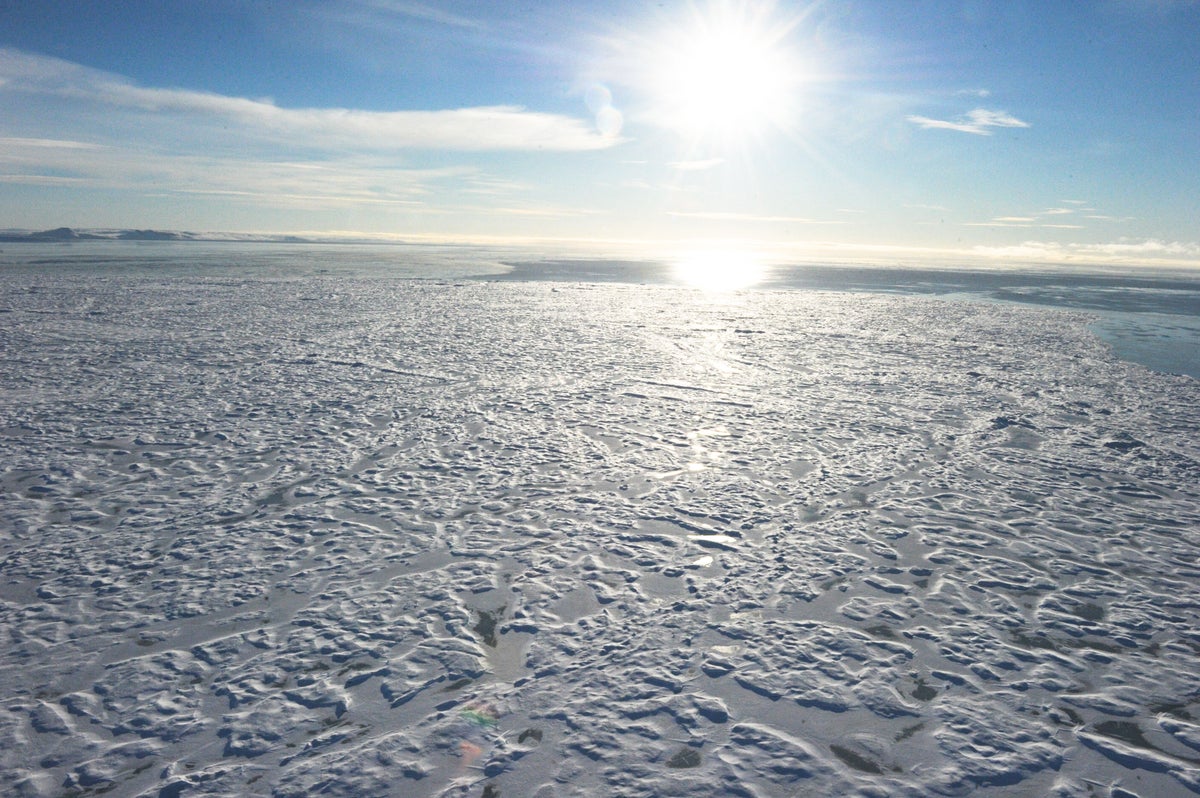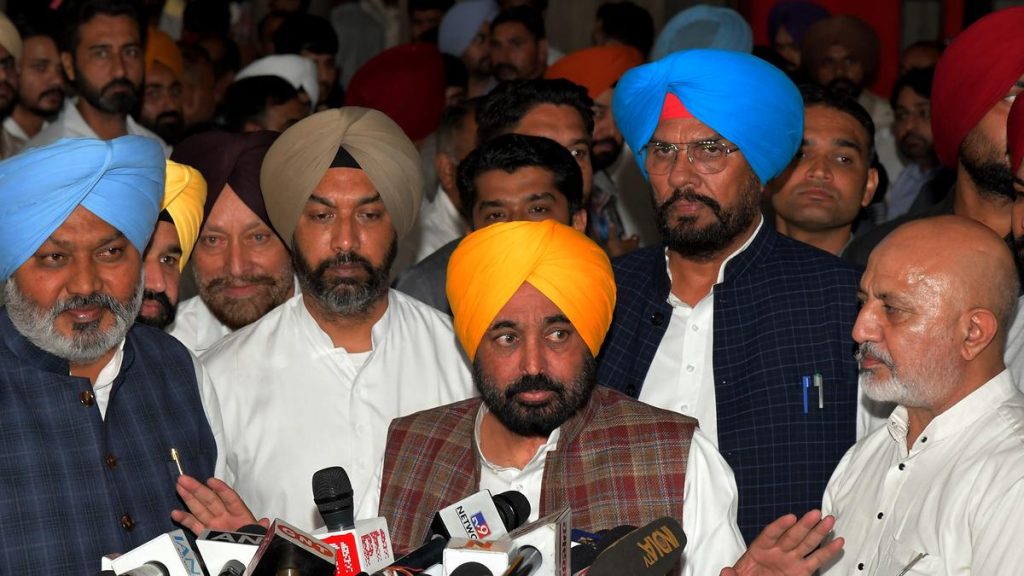Now Reading: UK Backs Geoengineering Experiments Amid Global Debate
-
01
UK Backs Geoengineering Experiments Amid Global Debate
UK Backs Geoengineering Experiments Amid Global Debate

Quick Summary
- The UK is funding a controversial geoengineering project called Re-thickening Arctic Sea Ice (RASi), aimed at refreezing melting sea ice in the Canadian Arctic by spraying seawater over ice floes to thicken them.
- The experiment will cover areas as large as 1 square kilometer over three winter seasons, costing $13 million out of a $60 million geoengineering research fund from ARIA, UKS Advanced Research and Invention Agency.
- Critics argue geoengineering diverts focus from reducing fossil fuel use and emissions, perhaps creating geopolitical instability or risky dependence on such technologies.
- Supporters claim climate-cooling research is essential for addressing global warming beyond customary carbon emission cuts.
- Other funded experiments include cloud brightening and stratospheric aerosol injection. Outdoor projects must pass legal and environmental assessments beforehand.
Caption: An aerial view of an ice floe near Devon Island in the Canadian High Arctic (Image credit: Clement Sabourin/AFP via Getty Images).
Indian Opinion Analysis
Geoengineering research marks a critical juncture in global climate action strategies. While technology like RASi reflects human ingenuity, India’s stance on climate solutions has centered more heavily on sustainable goals, renewable energy expansion, and gradual decarbonization. For India-a country notably vulnerable to climate-induced risks-this debate poses key considerations.
If successful, experiments like RASi could offer adaptive measures for high-risk areas such as the Himalayas with its glacial systems; however, reliance on techno-solutions risks shifting accountability away from emission reductions globally. Furthermore, large-scale geoengineering might intensify geopolitical tensions where nations disagree over environmental duty or deployment ethics.
India should carefully analyse such global initiatives to balance scientific innovation with its pragmatic approach emphasizing local mitigation efforts through community-based adaptations rather than untested interventions while actively engaging in international debates about ethical governance frameworks around geoengineering.



























